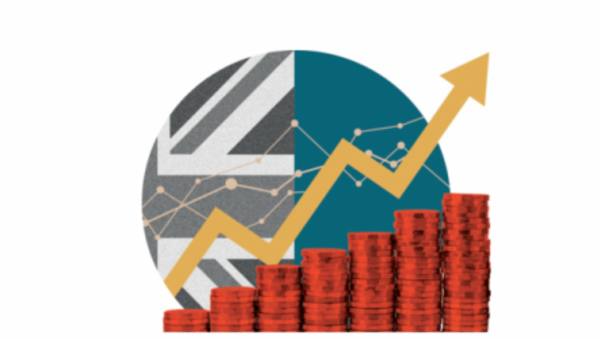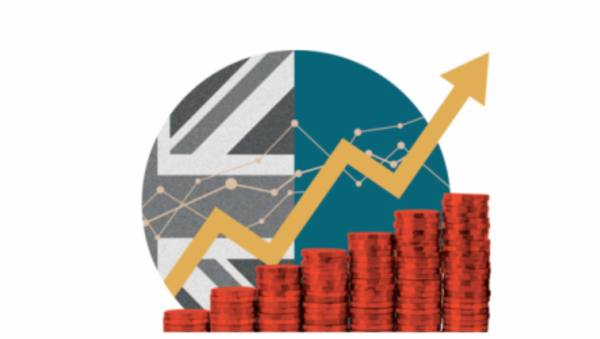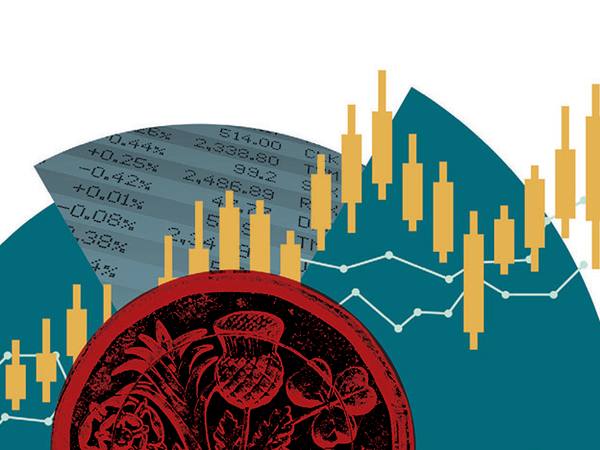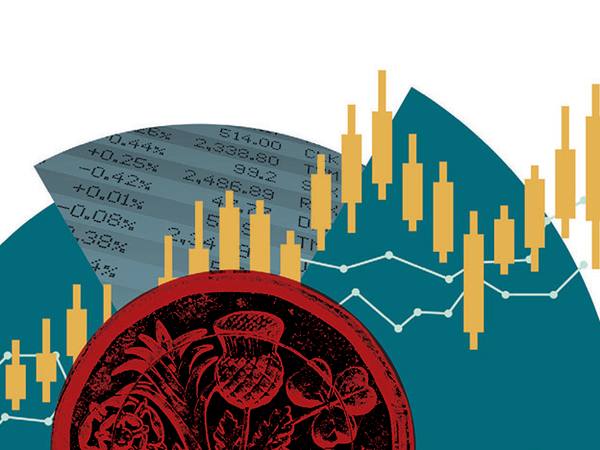Low interest rates and the low inflation, low growth environment that’s behind them have forced income investors to become a lot more creative. Having balanced and diversified portfolios, and clearly planned financial goals, are crucial for the long-term success of your investments, including your pension.
Click here for a recording of the webinar
After the initial savaging in March as Covid-19 started to spread beyond Asia, markets have bounced back sharply. Investors who held their nerve and avoided panic selling will have seen the value of their portfolios largely recover, with the fastest bear market in the history of the S&P 500 gave way to the fastest bull market in history as governments and central banks deployed mind-boggling fiscal and monetary support.
Exposure to the right areas, notably US tech and pharmaceuticals, would have even meant continued growth – the Nasdaq has continued to set record highs, even as Covid spreads through the US and shows no signs of running out of steam. But the story is not so rosy for income investors. In a desperate bid to save cash many companies either slashed or cut their dividends.
All in all, nearly half of the FTSE 100’s constituents have cut their dividends, contributing to an overall cut of some £30bn across UK PLC. And according to research from platform AJ Bell, a fifth of investors that have seen their holdings suffer dividend cuts have seen their income fall by 50 per cent or more.
This experience highlights the dangers of investing in companies for their dividends alone, especially in a market like the UK where the bulk of dividend payments come from just a handful of companies many of which have been stretching themselves to their financial limits to protect their sacrosanct dividends. This, warns fund manager Terry Smith, is unsustainable. At the height of the coronavirus in April, he noted that the dividend cover on the largest and highest yielding payers on the FTSE 100 is closer to 1 than the 2 that would generally be seen as a sign of dividend security. Mr Smith believes investors should get used to companies rebasing dividends to more sustainable levels, pointing to the Investment Association’s lowering of the yield requirement on funds within its UK equity income sector.
There is hope, however. Mr Smith has long advocated a total return approach, and that is what we will be discussing today. The principle is a simple one – invest to generate high returns and sell what you need out of the profits to generate an income. Underlying that is the idea that companies that reinvest their profits to generate growth will do better than those that distribute those profits rather than investing.
Click here for a recording of the webinar








